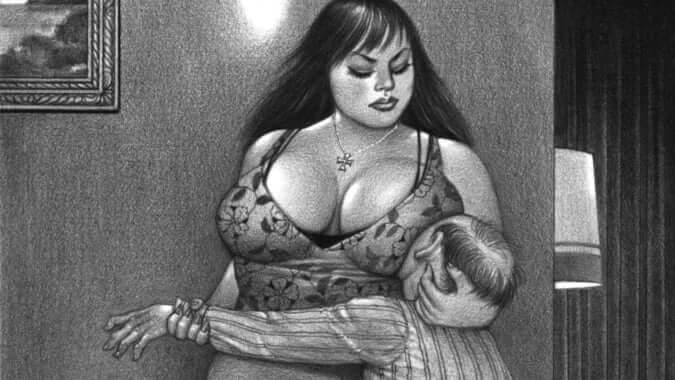‘Internal Notebook’, an Intimate Portrait of a Childhood of Abuse
Photographer Miki Hasegawa gathers testimonies from formerly mistreated children in her book, combining accounts and photographs.
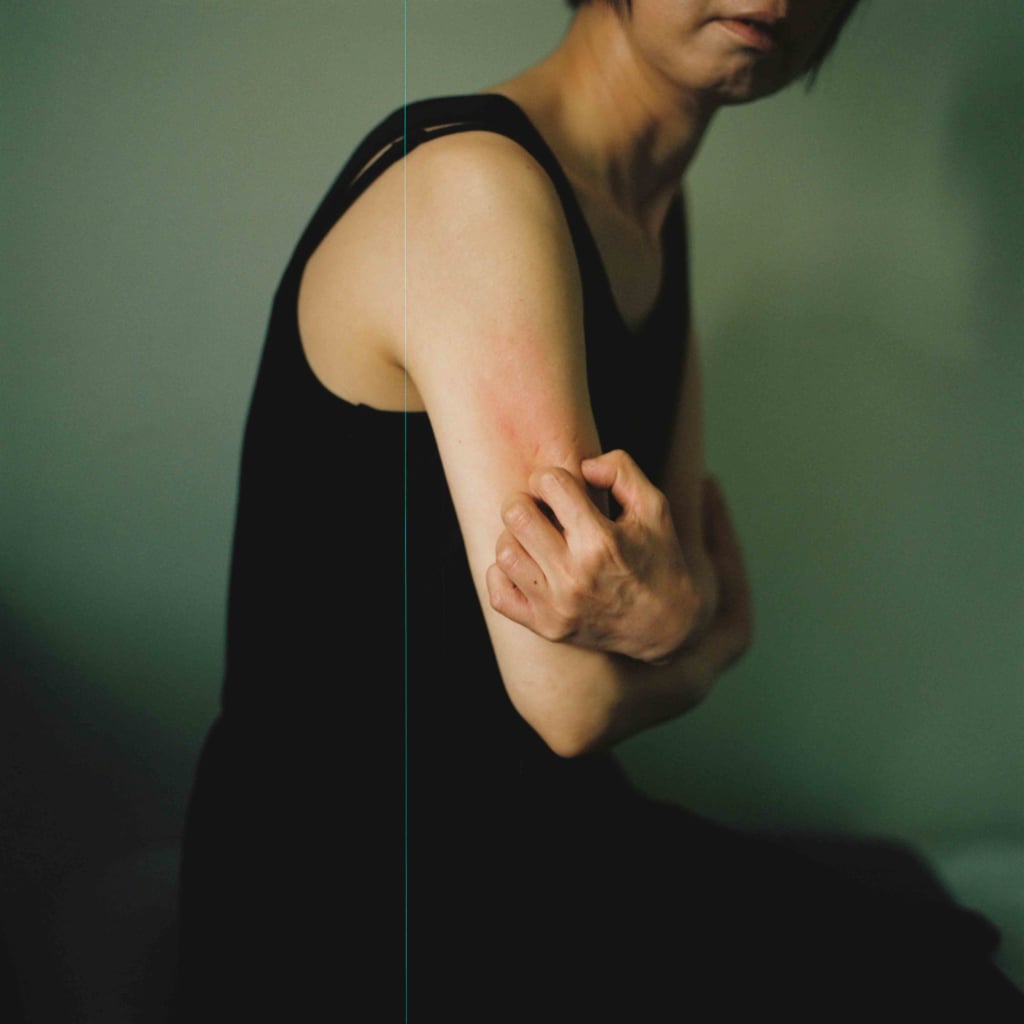
© Miki Hasegawa
Internal Notebook is a project that developed over many years. It all started in 2009, when Miki Hasegawa was pregnant with her daughter. Pregnancy made her aware of the pressure and demands imposed upon mothers by Japanese society. ‘I felt like I could have been capable of mistreating my child, given the psychological state I was in’, the photographer explains in an interview with Pen. ‘I then realised that abuse is not committed by parents exclusively, but that it can be by anyone.’
Miki Hasegawa embarked upon a career as a photographer after giving birth, giving up her job as an architect, and decided to find out about child abuse and the difficulties that mistreated children have to face. ‘This was an act necessary to avoid becoming an abusive mother’, explains the artist, who places issues related to women and children at the heart of her photographic work.
Four years spent gathering victims’ testimonies
Over four years, she travelled all over Japan to meet adults who had been victims of violence, in an environment that would enable them to confide in her. ‘I met them at their house, or in a place where no one would be able to hear them. They could choose to end the meeting at any time, or even cancel it if they no longer wished to speak. I think that this freedom encouraged them to open up’, Miki Hasegawa explains.
The photographer spent five hours with each individual, letting them tell their story with as few interruptions as possible, and finished the interview by photographing their portrait. ‘I felt like they were oppressed by social norms; like they strongly believed that this abuse is something we must not talk about.’
Internal Notebook is the sum of all these encounters. It is a book with a complex structure, with several layers, that the photographer conceived as a metaphor for the complexity of this subject in Japanese society. The aim is clear: to initiate discussion on how to curb this violence. ‘Child abuse leaves invisible scars. Leafing through the pages of the book, we can hear their cries.’
Internal Notebook (2019), a book of photographs by Miki Hasegawa, is published by Ceiba Editions.
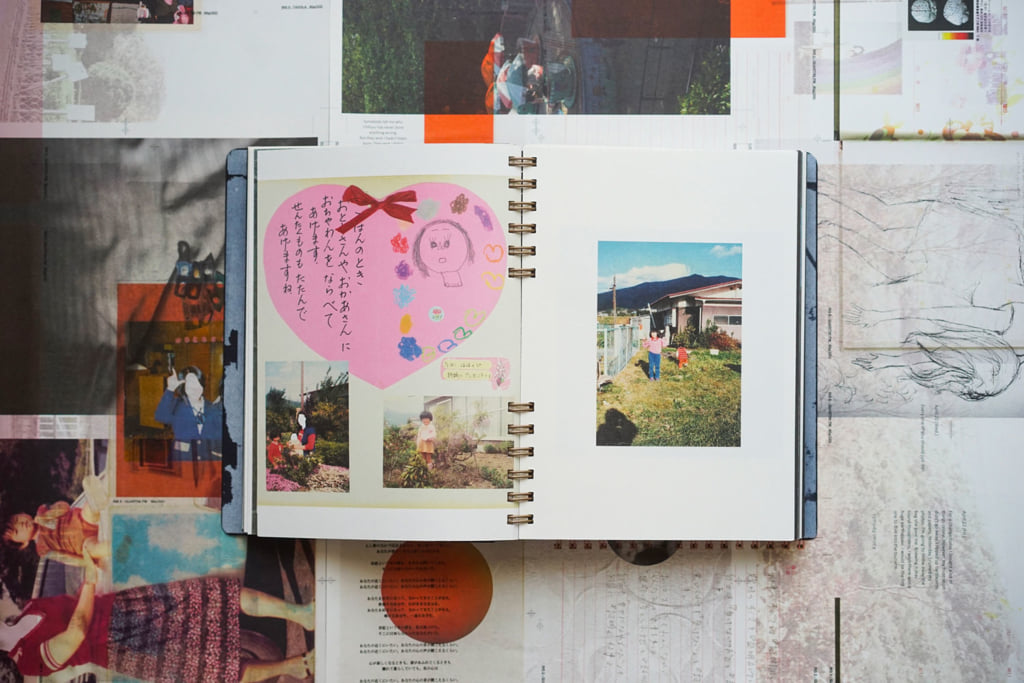
© Miki Hasegawa
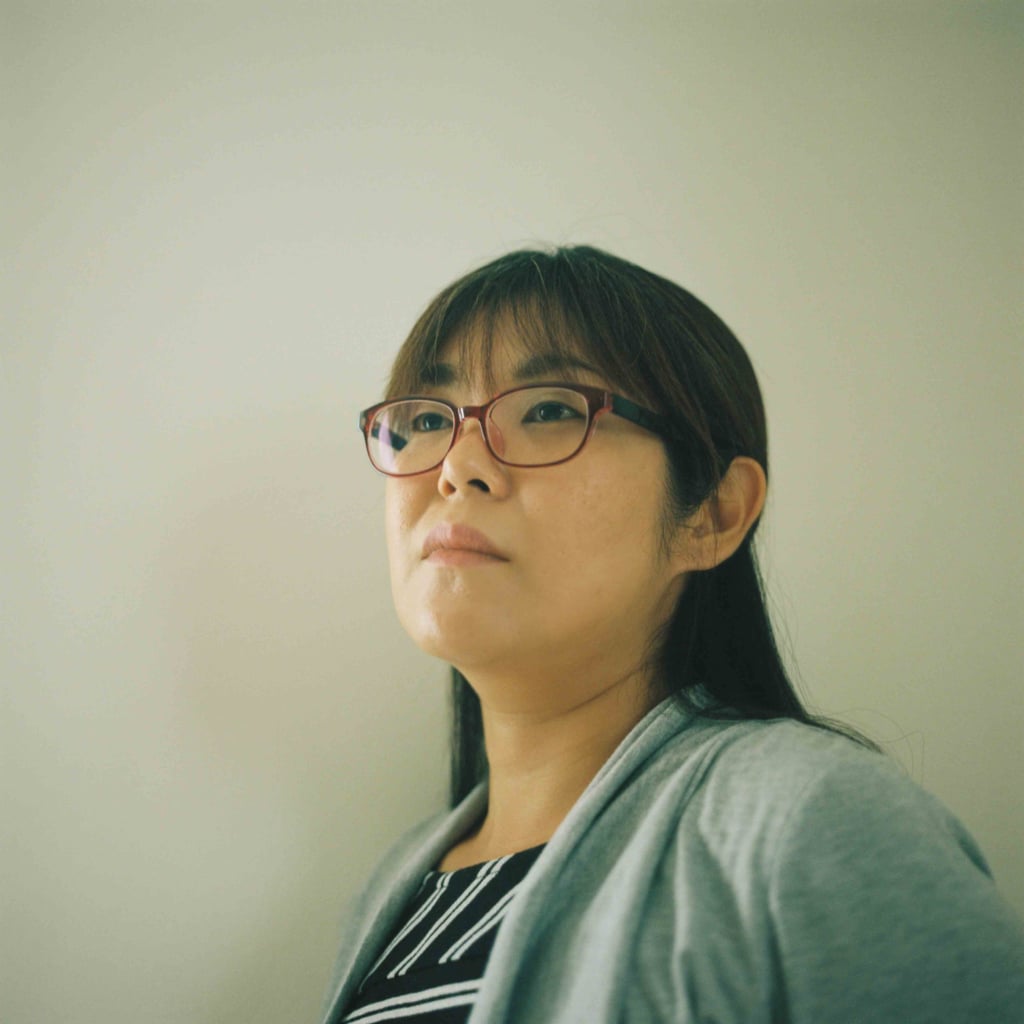
© Miki Hasegawa
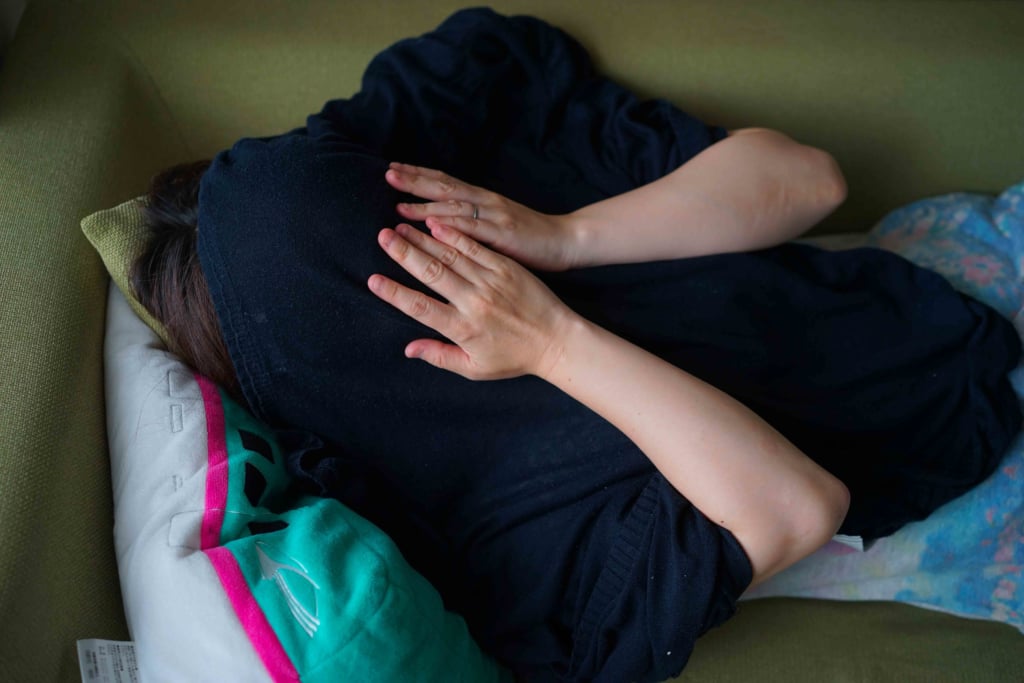
© Miki Hasegawa
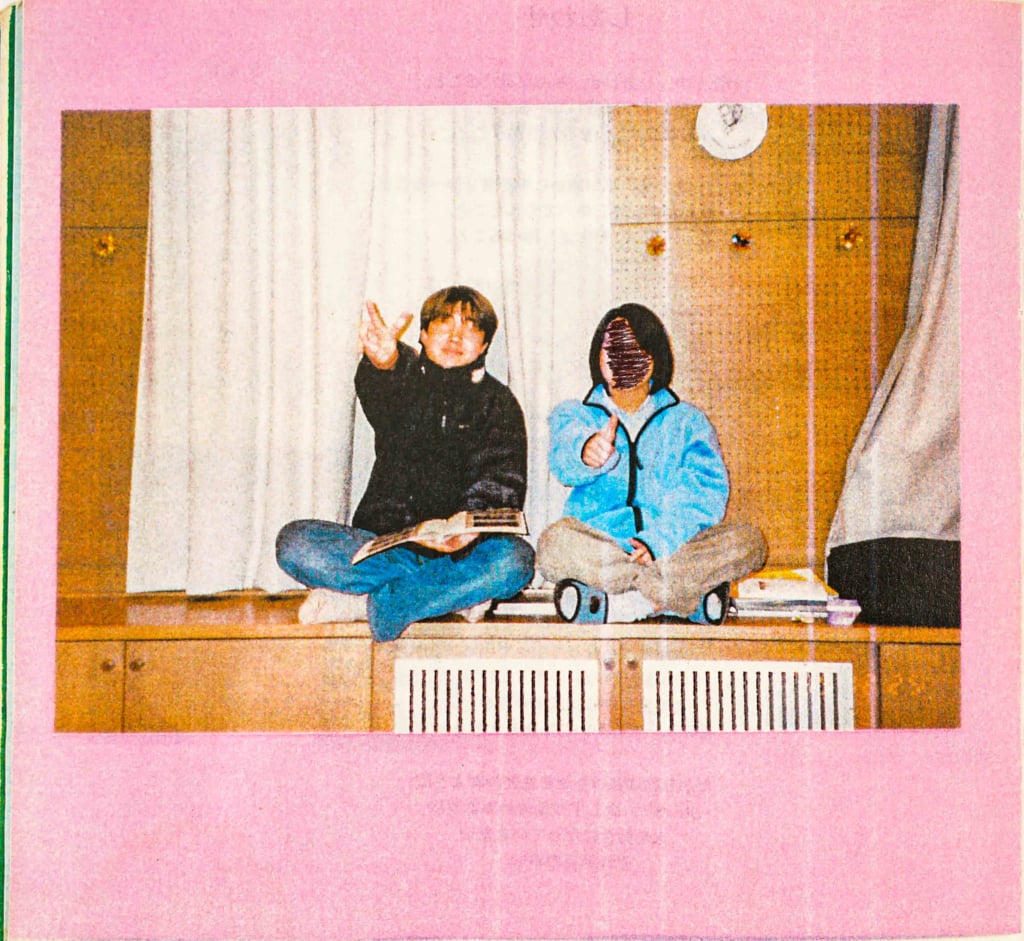
© Miki Hasegawa
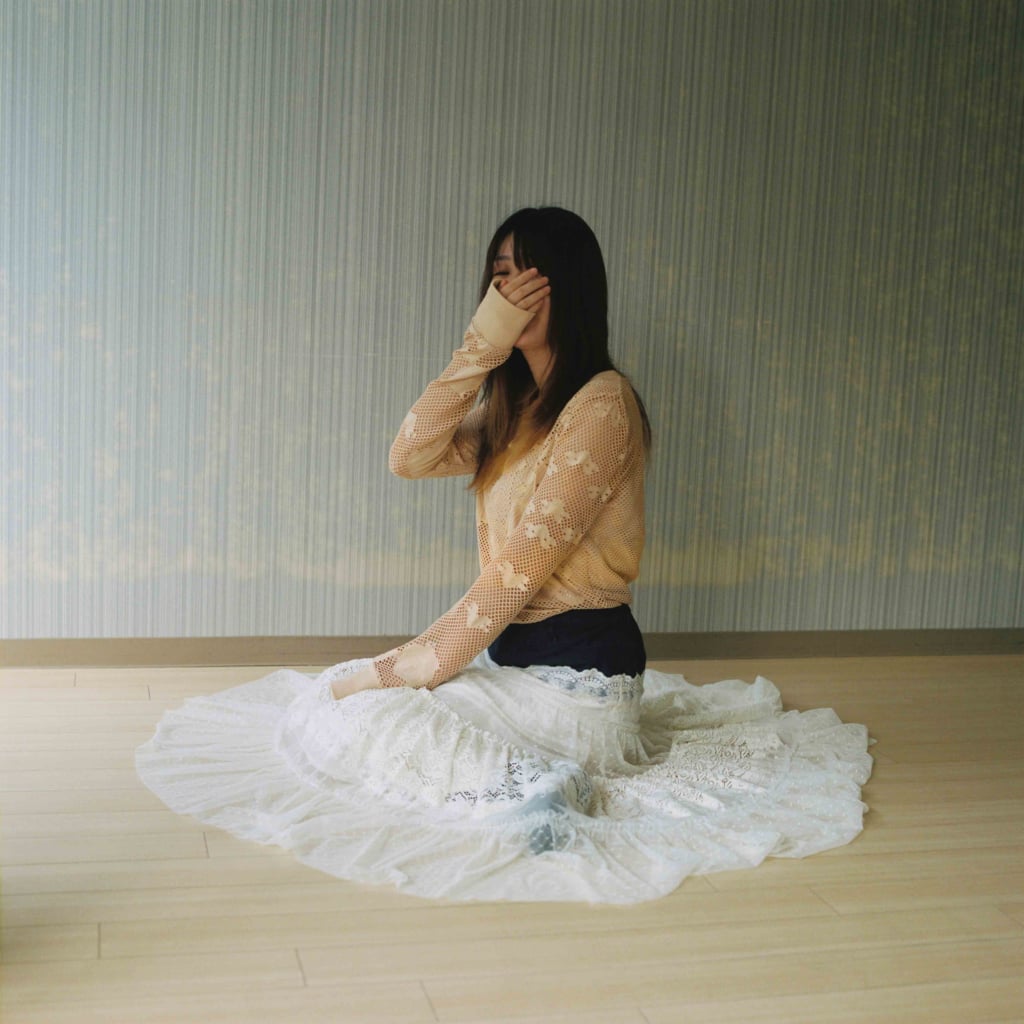
© Miki Hasegawa
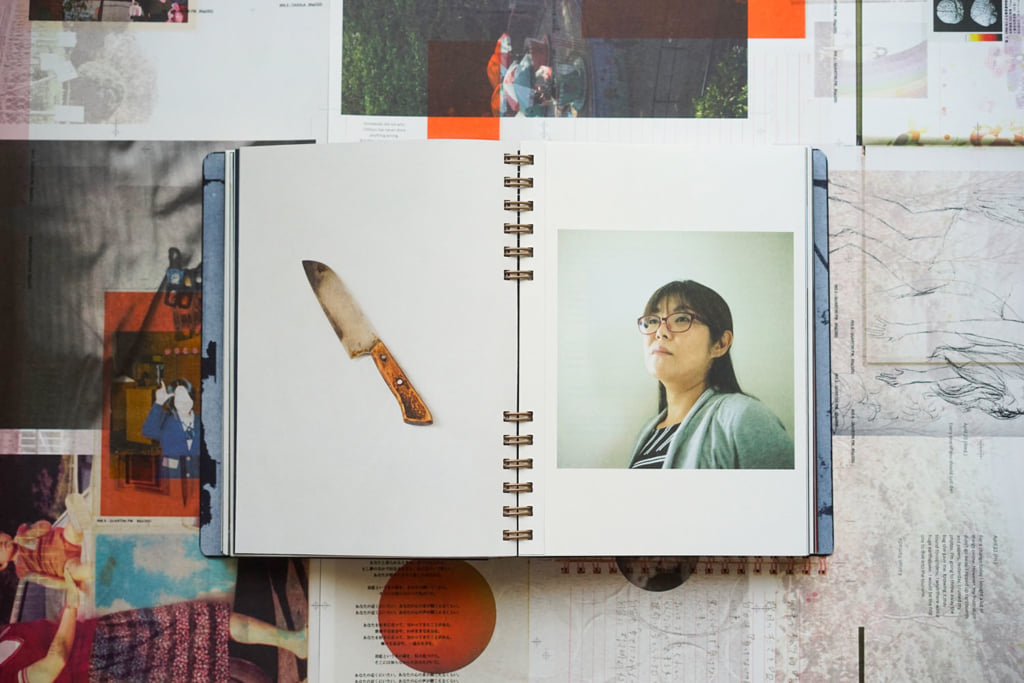
© Miki Hasegawa
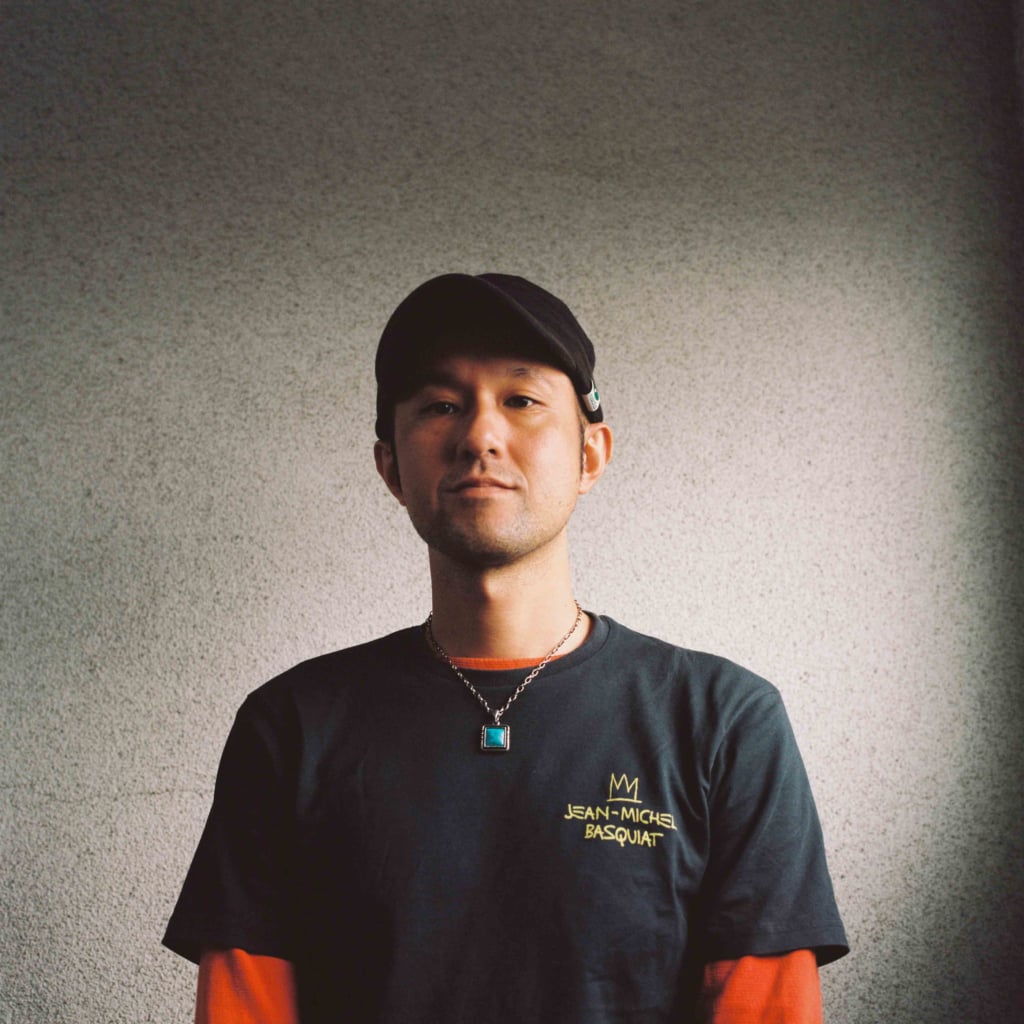
© Miki Hasegawa
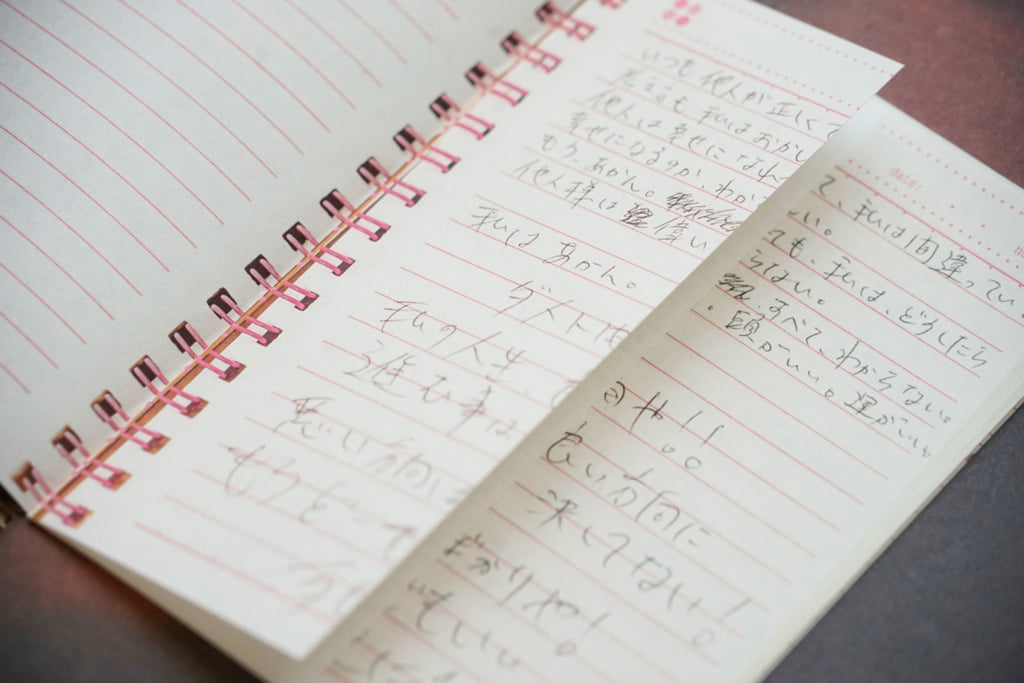
© Miki Hasegawa
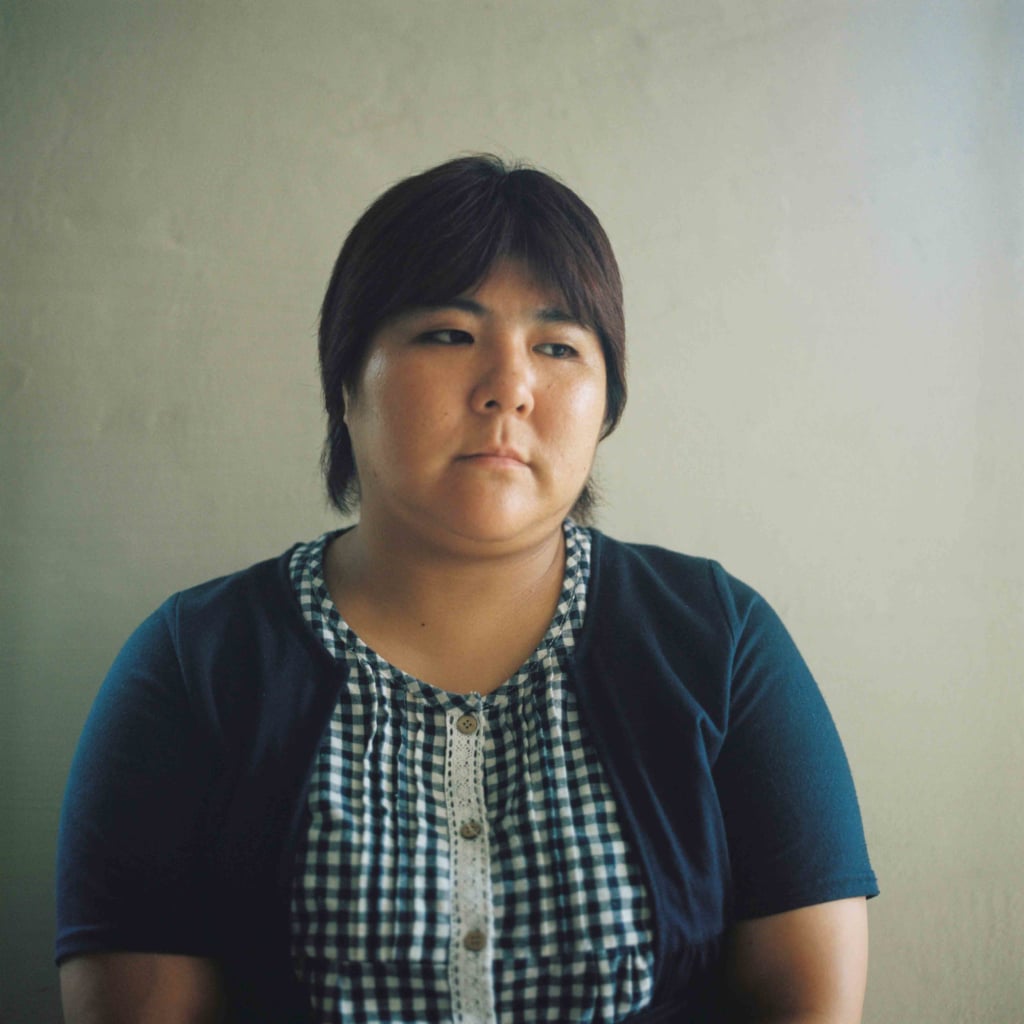
© Miki Hasegawa
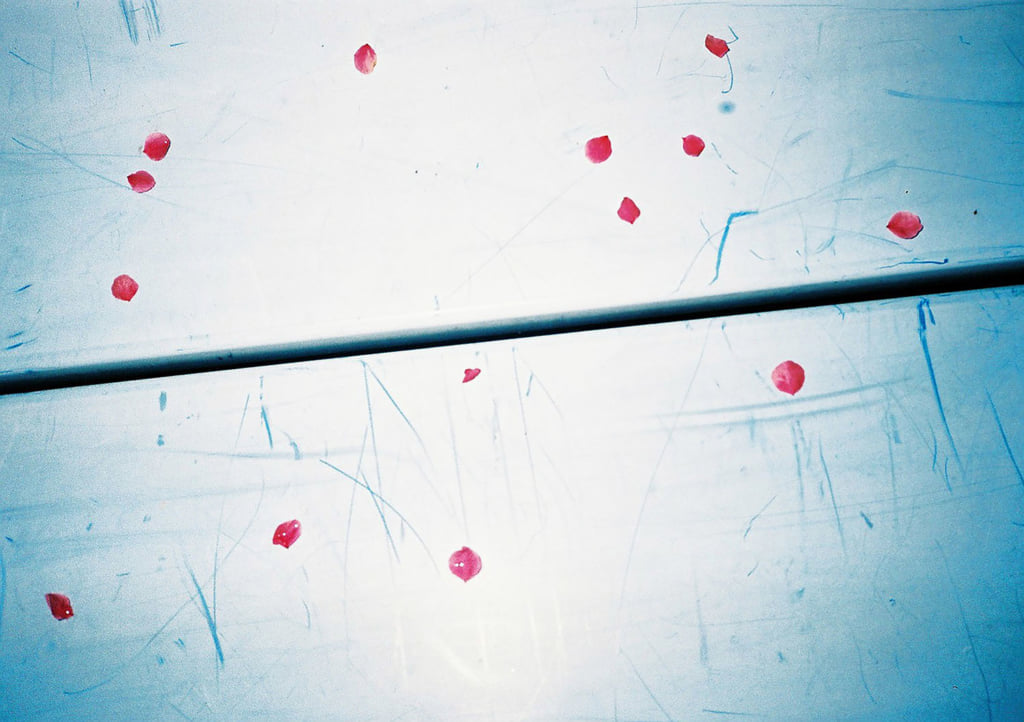
© Miki Hasegawa
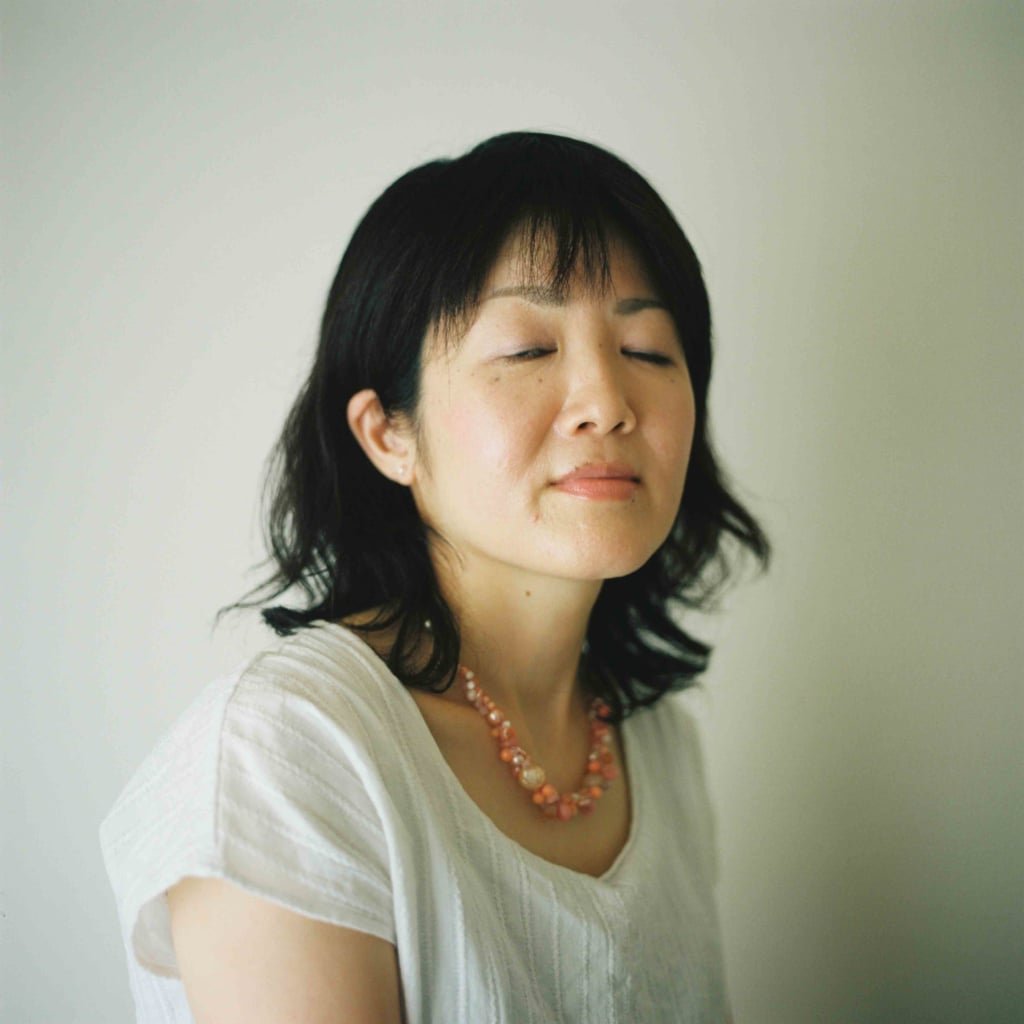
© Miki Hasegawa
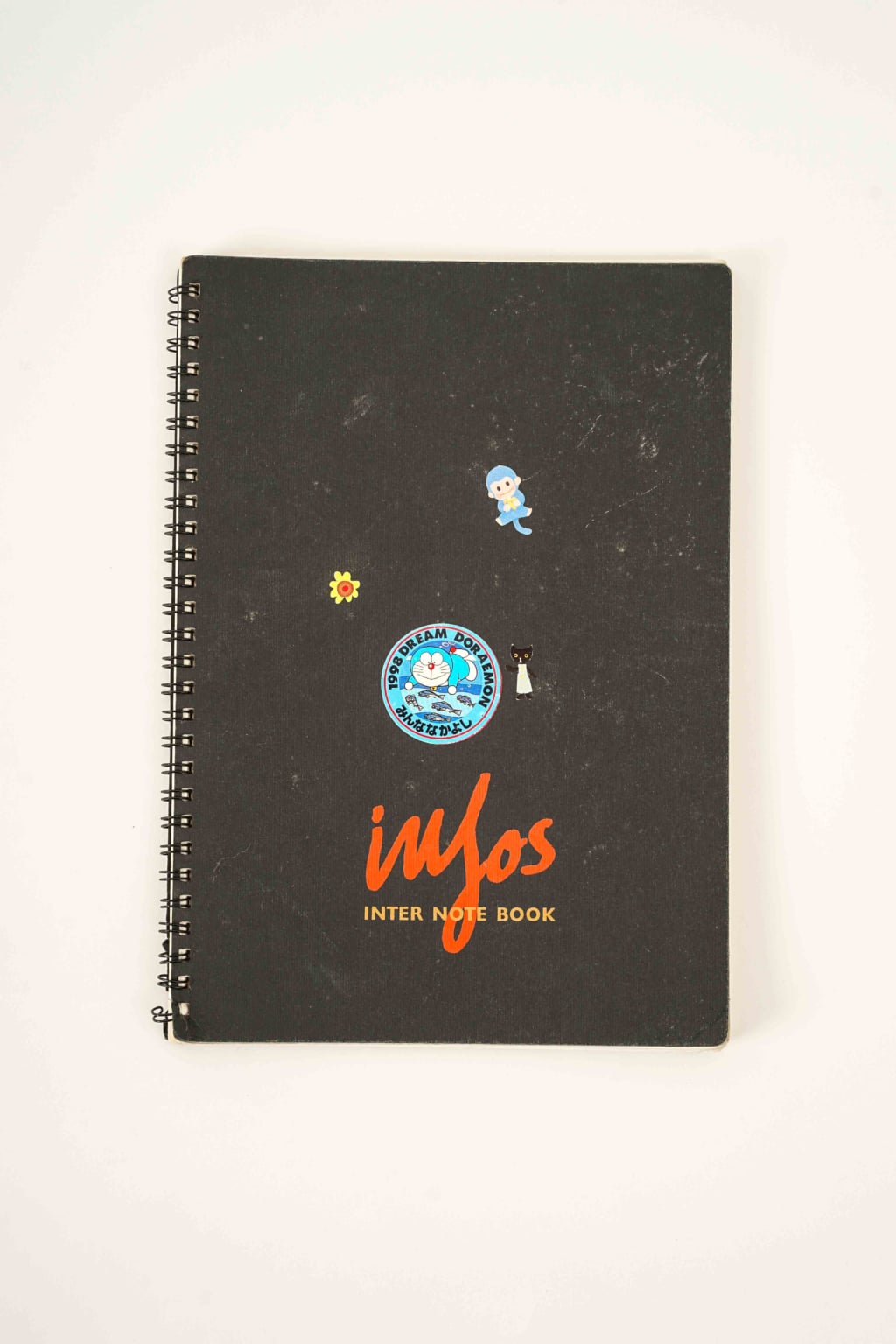
© Miki Hasegawa
TRENDING
-
Ishiuchi Miyako, A Singular Perspective on Women
Recipient of the 2024 Women in Motion Award, the photographer creates intimate portraits of women through the objects they left behind.

-
Recipe for Ichiraku Ramen from ‘Naruto’ by Danielle Baghernejad
Taken from the popular manga with the character of the same name who loves ramen, this dish is named after the hero's favourite restaurant.

-
Namio Harukawa, Master of Japanese SM Art
'Garden of Domina' offers a dive into the world of an icon of ‘oshiri’, whose work has now reached a global audience.

-
The Tattoos that Marked the Criminals of the Edo Period
Traditional tattoos were strong signifiers; murderers had head tattoos, while theft might result in an arm tattoo.

-
The Emperor of Japanese Porn is Now the Star of a Netflix Series
Deliciously funny, The Naked Director especially succeeds in reviving the atmosphere that was so characteristic of 1980s Japan.



